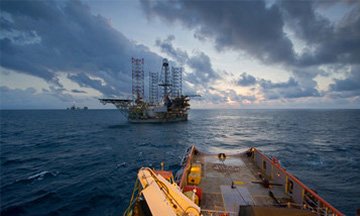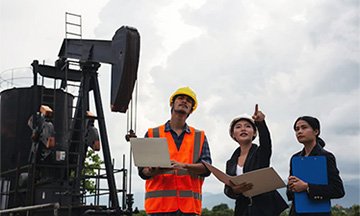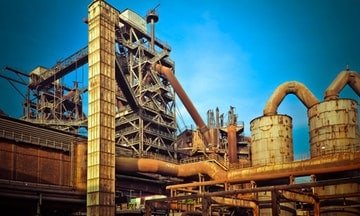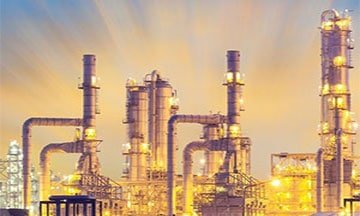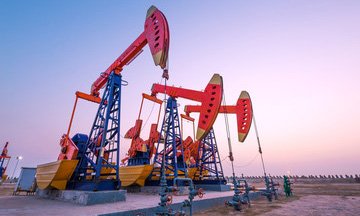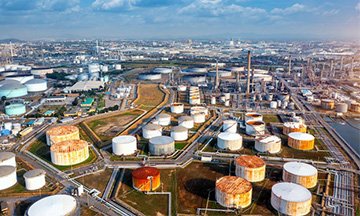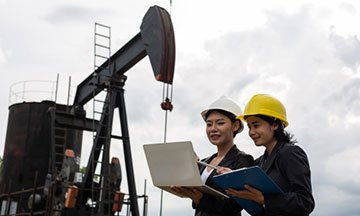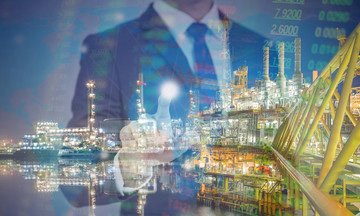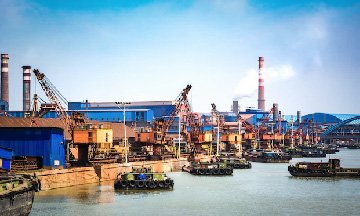Advanced Subsea and Pipeline Engineering Training Course
| Date | Venue | Duration | Fees | |
|---|---|---|---|---|
| 22 Apr - 03 May, 2024 | New York | 10 Days | $9850 | Register |
| 24 Jun - 28 Jun, 2024 | Athens | 5 Days | $5695 | Register |
| 18 Aug - 29 Aug, 2024 | Jeddah | 10 Days | $9150 | Register |
| 23 Sep - 27 Sep, 2024 | Istanbul | 5 Days | $5695 | Register |
| 21 Oct - 08 Nov, 2024 | Dar Es Salam | 15 Days | $13500 | Register |
| 16 Dec - 20 Dec, 2024 | Kampala | 5 Days | $4950 | Register |
Course Overview
This course will indulge in a professional approach to teaching professionals the skills needed to ensure subsea and pipeline systems’ functionality, effectiveness, and durability. It will identify and cover all the project’s key phases, including planning, design, the realisation of the plans, installations, inspection, having good maintenance practices, repairing and maintainability, ensuring system integrity, and finally commissioning projects. It will also give an overview of the international scenario of the subsea pipeline industry to ensure that the skills you learn from it will be applicable globally for sustainable career development and growth.
What is a subsea hydraulic engineer?
There is a global industry talent gap in subsea and pipeline engineering, and this course intends to give a perfect link to the knowledge that already exists from experience and reputable professionals across the industry. All the new and emerging technologies in all sectors are covered. In addition, there is a wider and more way of maintaining assets integrity, and more people are needed to maintain a wider remit of roles and at the same time to maintain the traditional responsibilities.
Therefore, this Zoe course will put the participants in a head start towards subsea and pipeline engineering in both the interesting journey of learning and the career path of becoming the international authoritative voice of operations in their respective fields.
How does a subsea system work?
This course will greatly enhance your communication skills together with your team working. It will also offer good opportunities to get access to experienced industry contacts. The participants will learn efficient ways to collect information, distribute workload among the group members and delegate other duties amongst group members. It will also teach the participants various methods to analyse data and obtain meaningful information. Important system equipment will be taught, such as drilling rigs, wellheads, risers, pipelines, and mooring systems. It might interest professionals already in naval architecture, mechanical engineering, offshore engineering, and other related fields.
It will highlight the following:
- Developing subsea knowledge and ensuring integration management
- Interfaces onboard or FLNG facilities
- An overview of how the subsea and pipeline engineering is utilising technology to ensure development and save on both CAPEX and OPEX costs
- Discussion on the latest development in subsea and pipeline engineering
- Operations and maintenance of FLNG
- Pipeline design
- Integrity threats and safety
- Fabrication of subsea pipelines
- Pipeline repairs and inspection
Course Objectives
- Give the participants the necessary tools to ensure they make quality and reliable decisions
- Learn the interconnectivity of subsea systems and pipelines
- Learn the pipeline system installation
- Learn how to maintain subsea systems and pipelines
- Improve knowledge of FPSO and FLNG
- Improved understanding and knowledge of subsea, marine life, and pipelines and their field of operation with the globally recommended best practices and standards
Training Methodology
This Zoe course will be delivered by the industry’s best and most reputable professionals who have years of experience. It will be a blended model of delivery of both theoretical classroom works and practical lessons. The lessons will be highly interactive, and all the participants are encouraged to be participative. Like all our courses, this masterclass will apply the fundamentals of the ‘Learn-Apply-Review’ Zoe Training model.
Who Should Attend?
- Professionals who have been in the field for 3 or 4 or more years and ten plus years of experience working in a similar environment
- Graduates who are interested in subsea systems and pipelines
- Operations engineers
- Reliability engineers
- Field supervisors
- Maintenance engineers
- Those who are seeking to derive the ability to make decisions in regards to subsea systems and pipelines
- Pipeline engineers
- Project manager
- Managers and executives
- Operations engineers
- Operations professions
- Piping engineers
- Engineers new to the pipeline industry
Organisational Benefits
- Interface facilities such as FPSO or FLNG
- Requirements for subsea and pipeline systems design and installations
- Subsea and pipeline systems integrity management
- Protection, repair, maintenance, and inspection of pipelines
Personal Benefits
- Comprehensive and effective management and operation of subsea and pipeline systems
- Navigation of challenges that are encountered during the installation and development of subsea and pipeline systems
- Rounded knowledge of the subsea and pipeline industry
- Comprehensive address of all the issues involved with pipeline engineering and life cycle
Course Outline
Module 1: Pipeline Design
- Hydrates
- On-bottom stability
- Hydrodynamics around pipelines
- Flow assurance
- Corrosion prevention
- Expansion, upheaval/lateral buckling
- Wax and asphaltenes
- Vortex-induced vibrations and fatigue
Module 2: Subsea Engineering
- Project execution – Subsea asset integrity framework
- Subsea production systems
- Subsea field development overview
- Managing teams of multi-disciplined personnel
- Subsea structures and equipment
- Project execution and interfaces
- Overview of subsea engineering
- Team responsibilities
- Subsea field development
- The life of a subsea engineer
Module 3: Pipeline Installation, Integrity, and Inspection Management
- Pipeline oil spill clean-up
- Spiral welded pipes
- Pipeline inspection, repair, and maintenance
- The effect of pipeline installation and integrity
- Pipeline installation methods
Module 4: Subsea Installation and Operations
- Subsea surveying
- Typical installation vessels
- Case study: CAPEX simulation
- Subsea foundation
- Subsea pipeline installation
- Subsea soil investigation
- Subsea cost estimation
- Subsea simulator facility
- Intelligent wells with subsea data communication
- Programmed autonomous underwater vehicle
- Vessel requirements and selection
Module 5: Integrity and Maintenance of Pipelines
- Based RBI
- Environmental impact assessment (EIA)
- Quantitative risk analysis
- Risk-based inspection
- Leak detection systems
- Consequences of failure for modelling for oil and gas spills
- Integrity management of flexible pipes
Module 6: Subsea Architecture
- Subsea power supply
- Structures
- Subsea wellheads and trees
- Pipeline ends and inline
- Subsea control
- Riser umbilical
- Control umbilical
- Subsea power supply
- Flow assurance in subsea
- Topside facilities & layout | FPSO and FLNG
- Interfaces onboard FPSO and FLNG facility
- Subsea manifolds
- System design and operability
- Subsea connections and jumpers
Module 7: Subsea Facility Inspections
- Project risk management
- Pipeline RBI
- ROV (remotely operated vehicles) intervention and interface
- Subsea repair techniques
- Emergency shutdown
- Risk assessment
- Maintaining a stable integrity performance for assets
- Equipment RBI methodology
- Inspection and maintenance of subsea systems
Module 8: Riser, Flowlines & Umbilical
- Drilling risers
- Design codes
- Offshore umbilical systems
- Flowlines (SURF)
- Hybrid risers
- VIV and Wave fatigue or risers
- Design of Deepwater risers
- Flexible risers and flowline
Module 9: Onboard an FPSO and or FLNG Production
- Oil and gas transfer (offloading)
- Subsea umbilical, riser and subsea facilities interfaces
- Environmental influences that are affecting FPSO operation
- FPSO and FLNG inspection and maintenance
- Regulations and legislations
- Summary of key lessons and how they fit into professional career development
Module 10: Facilities Interfaces
- Offloading interfaces in FPSO and FLNG
- Topside facilities and their respective layouts
- Interfaces that exits on the FPSO and FLNG facilities and how they operate
- FPSO and FLNG facilities
- Environmental influences that will affect the FLNG
- Mooring systems on the FPSO
- Turret systems on the FPSO and FLNG
- Swivel in the FPSP and FLNG
